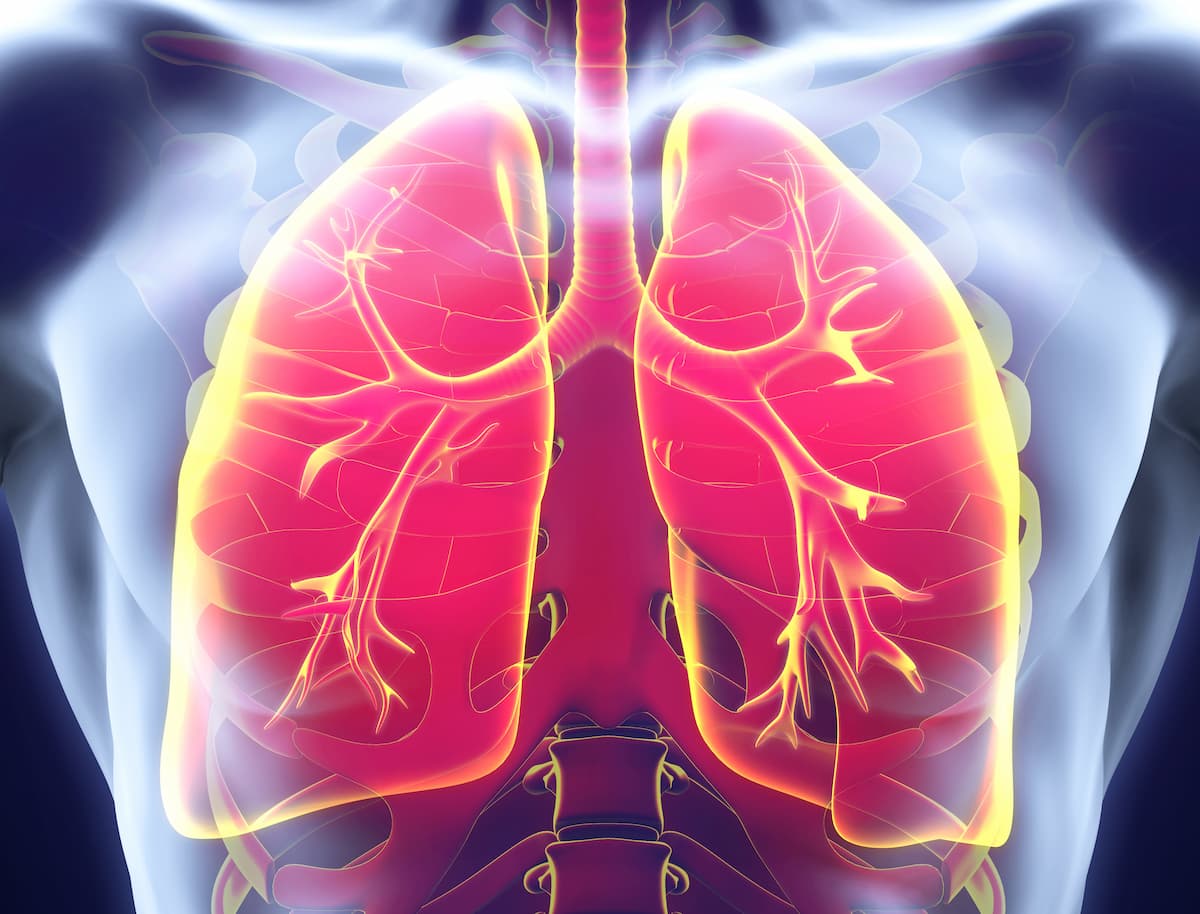Neoadjuvant Nivolumab/Chemo Results in EFS Boost for Resectable NSCLC
Investigators of the phase 3 CheckMate-77T trial report positive findings for patients with nonmetastatic non–small cell lung cancer who were treated with neoadjuvant nivolumab and chemotherapy.
Investigators assessed neoadjuvant nivolumab and chemotherapy compared with chemotherapy alone in a population of 452 patients with resectable NSCLC in the phase 3 CheckMate-77T trial (NCT04025879).

Treatment with neoadjuvant nivolumab (Opdivo) plus chemotherapy resulted in a statistically significant improvement in event-free survival (EFS) vs chemotherapy alone in patients with resectable stage IIA to IIIB non–small cell lung cancer (NSCLC), according to a press release on a prespecified interim analysis of the phase 3 CheckMate-77T study (NCT04025879).1
This result met the study’s primary end point of EFS by blinded independent central review. Investigators also reported that the combination’s safety profile was comparable with other studies in the NSCLC space. Full data from the study are planned to be presented at an upcoming medical conference and will be forwarded to health authorities. Efforts on the trial will continue, as investigators intend to assess the secondary end point of overall survival (OS).
“We’ve seen tremendous scientific advancements in the treatment of non-metastatic [NSCLC] in recent years, and remain committed to researching new solutions that may help even more patients achieve better long-term outcomes,” Abderrahim Oukessou, MD, vice president and thoracic cancers global program lead at Bristol Myers Squibb, said in the press release.
Investigators assessed neoadjuvant nivolumab and chemotherapy compared with chemotherapy alone in a population of 452 patients with resectable disease in the randomized, double-blind study. Those in the experimental arm were treated with neoadjuvant nivolumab followed by platinum-based doublet chemotherapy and adjuvant nivolumab. Those in the control group received neoadjuvant placebo, platinum-based doublet chemotherapy, and adjuvant placebo. Chemotherapy agents included carboplatin, cisplatin, paclitaxel, pemetrexed, and docetaxel.
Other secondary end points for the study included pathologic complete response (pCR), major pathologic response, serious adverse effects (AEs), and AEs.
Inclusion criteria for the study included having no brain metastases, treatment-naïve disease, being able to provide a surgical or biopsy tumor tissue sample for biomarker testing, and having an ECOG performance status of 0 or 1. Those with active, known, or suspected autoimmune disease; previous treatment with a cytotoxic agent, immunotherapeutic, targeted agent, or radiotherapy for NSCLC; or previous treatment with an anti–PD-1, anti–PD-L1, anti–PD-L2, anti–CTLA-4 agent, or another agent targeting T-cell stimulation or checkpoint pathways were not able to enroll on the study.
Neoadjuvant nivolumab and chemotherapy was also examined as part of the phase 3 CheckMate 816 study (NCT02998528) in those with resectable NSCLC.2 In the study, investigators reported a median EFS of 31.6 months (95% CI, 30.2-not reached) with the experimental regimen compared with 20.8 months (95% CI, 14.0-26.7) among those who were treated with chemotherapy alone (HR, 0.63; 97.38% CI, 0.43-0.91; P = .005); the minimum follow-up was 21 months. Additionally, investigators reported a pCR of 24.0% (95% CI, 18.0%-31.0%) vs 2.2% (95% CI, 0.6%-5.6%) in each respective arm (odds ratio, 13.94; 99% CI, 3.49-55.75; P <.001).
“Taken together with the data from our CheckMate-816 trial—which led to [nivolumab] being the only anti–PD-1 with an approval in the neoadjuvant setting—today’s results reinforce our leadership in resectable [NSCLC] and add to our legacy of transformational science in thoracic cancers,” Oukessou concluded.1
References
- Bristol Myers Squibb announces perioperative regimen of neoadjuvant Opdivo (nivolumab) and chemotherapy followed by adjuvant Opdivo significantly improves event-free survival in patients with resectable non-small cell lung cancer. News release. Bristol Myers Squibb. September 22, 2023. Accessed September 22, 2023. https://bit.ly/45WJwhU
- Forde PM, Spicer J, Lu S, et al. Neoadjuvant nivolumab plus chemotherapy in resectable lung cancer. N Engl J Med. Published Online April 11, 2022. doi:10.1056/NEJMoa2202170